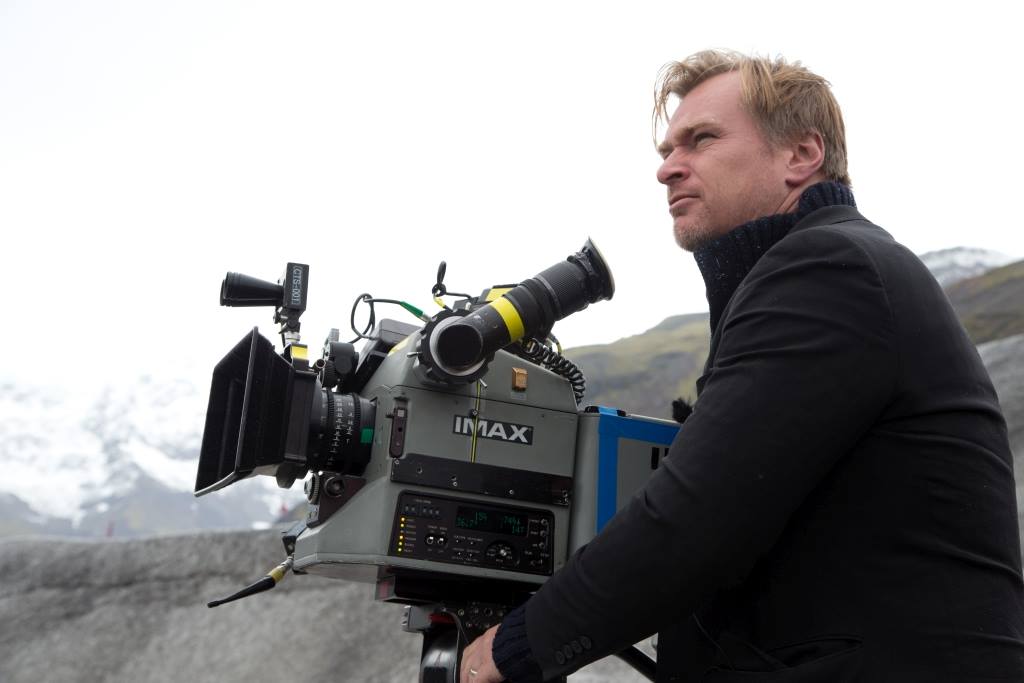 Last summer, it was revealed that Christopher Nolan, Quentin Tarantino, Judd Apatow, and J.J. Abrams banded together, went to the heads of Hollywood studios, and got them to make a commitment to buy an unspecified amount of film stock each year from Kodak. It was a big victory for analog in an era that is quickly turning digital only, but the battle for physical media hasn’t stopped there.
Last summer, it was revealed that Christopher Nolan, Quentin Tarantino, Judd Apatow, and J.J. Abrams banded together, went to the heads of Hollywood studios, and got them to make a commitment to buy an unspecified amount of film stock each year from Kodak. It was a big victory for analog in an era that is quickly turning digital only, but the battle for physical media hasn’t stopped there.
Over the weekend, the Getty Research Institute hosted a panel discussion, "Reframing the Future of Film: Strategies to keep the medium of film available to ‘shoot, protect & preserve.’ " Featuring Nolan along with Kodak CEO Jeff Clarke, visual artist Tacita Dean, Film Society Of Lincoln Center’s Eugene Hernandez and many more, the discussion was moderated by Kerry Brougher, director of the Academy Museum of Motion Pictures. The "Interstellar" filmmaker stressed the importance of the film medium for both artistic and archival reasons.
“We need film projectors and film prints — forever,” he said. “If you want the choice, it’s very important to support film now. Filmmakers are going out of their way to shoot film and talk about it. We want to see a world where there’s a choice; it’s important to preserve it for future generations.”
On the studio side of the argument, it is likely that costs for such archival systems are expensive, and digital represents a way to serve the needs of artistry and archiving in a manner that’s economically sound. However, without any across the board standards, not to mention the unpredictability of various digital formats which can often age out quickly, film still represents an approach that’s proven, sound, and universally applicable. As Nolan is showing, this debate isn’t one to end soon, but certainly, thanks to efforts from folks like the "Inception" director, film still has a fighting chance. [THR]

